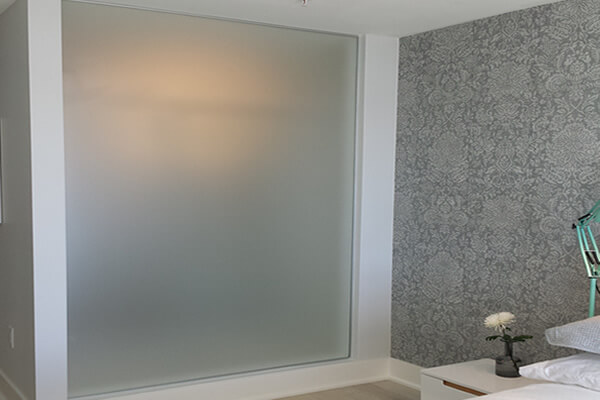

The Benefits and Applications of Thick Tempered Glass
Thick tempered glass, also known as toughened glass, has gained immense popularity in various industries due to its superior strength and safety features. Unlike standard glass, which can shatter easily under stress, thick tempered glass undergoes a special heat treatment process that significantly enhances its durability and resilience. This article explores the numerous benefits and applications of thick tempered glass, illuminating why it has become a staple in modern architecture, design, and various industrial sectors.
One of the most significant advantages of thick tempered glass is its remarkable strength. The tempering process involves heating the glass to high temperatures and then rapidly cooling it. This method not only increases the glass's ability to withstand pressure but also makes it more resistant to thermal stress. As a result, thick tempered glass can endure extreme weather conditions, making it an ideal choice for building facades, skylights, and windows. In environments prone to high winds or seismic activity, choosing thick tempered glass can enhance the safety and longevity of structures.
Safety is another critical aspect of thick tempered glass. When broken, it shatters into small, blunt pieces rather than sharp shards, significantly reducing the risk of injury. This safety feature is especially vital in places where glass is used extensively, such as schools, hospitals, and public spaces. Additionally, thick tempered glass is often used in shower enclosures and glass doors, providing not only aesthetic appeal but also safeguarding users from potential accidents.

The aesthetic appeal of thick tempered glass cannot be overlooked. Its clarity and elegance make it a favored choice among architects and designers looking to create contemporary and sophisticated designs. Thick tempered glass can be utilized in various applications, such as balustrades, partitions, and furniture. The versatility of this material allows for creative freedom in both residential and commercial projects. Homeowners often choose thick tempered glass for kitchen and bathroom countertops, as it provides a sleek and modern look while being easy to maintain.
Another notable characteristic of thick tempered glass is its thermal insulation properties. When treated with special coatings, thick tempered glass can significantly reduce heat transfer, making it an energy-efficient choice for buildings. This property is particularly advantageous in climates with extreme temperatures, as it helps regulate indoor environments, ultimately reducing energy consumption and lowering utility bills. Furthermore, using thick tempered glass in windows can enhance sound insulation, providing a quieter environment for occupants.
The application of thick tempered glass extends beyond residential and commercial buildings. It is commonly used in transportation, particularly in the automotive and aerospace industries. In vehicles, thick tempered glass is employed in windows and windshields due to its strength and ability to withstand impact. In the aerospace sector, it plays a crucial role in cockpit enclosures and passenger windows, ensuring safety while maintaining visibility.
In conclusion, thick tempered glass offers numerous benefits that make it an ideal choice for a wide range of applications. Its exceptional strength, safety features, aesthetic versatility, thermal insulation, and soundproofing capabilities make it a valuable material in modern construction and design. As technology advances, the development of thick tempered glass continues to evolve, leading to even greater applications and benefits. Embracing thick tempered glass means investing in durability, safety, and beauty—qualities that are indispensable in today’s fast-paced world. Whether in the context of residential design or industrial applications, thick tempered glass will undoubtedly play a pivotal role in shaping the future of architecture and design.